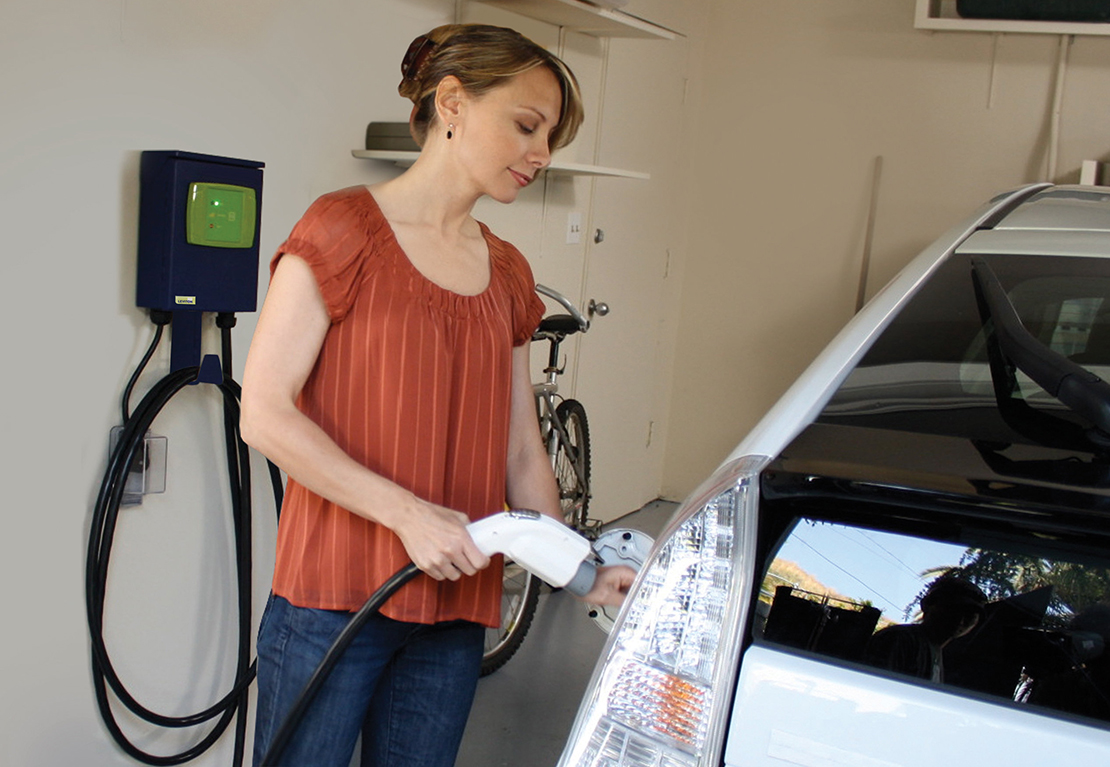Home-based Vehicle Charging Vital to Electric Car Adoption
- 10/07/2015
- Transport
- Posted by Tessa Romarez
- Leave your thoughts
According to a Faculty of Environment researcher at the Simon Fraser University
The new study that he performed on graduate students has vital implications to governments with no sufficient funding to support their own plug-in electric vehicle markets.
A co-author to the study and professor of SFU School of Resource and Environmental Management, Jonn Axsen, announced the report saying that access to home-based vehicle charging provides greater boost to the popularity of plug-in vehicles than chargers in public stations.
“When we account for the relevant factors, our analysis suggests that the relationship between public charger awareness and plug-in electric vehicle demand is weak or non-existent,” said Axsen.
“In other words, the installation of public chargers might not be the best way to encourage growth in the electric vehicle market.
The findings in the report are vital for British Columbia since it plans to continue the Clean Energy Vehicle Program, its own scheme that offers support the use of vehicles that run via by electricity and other renewable power sources.
The province, however, still has to determine how the money will be used, and the renewable energy activities to be implemented.
The study collected information from a representative sample of 1739 new vehicle buying households in Canada, with 536 from British Columbia.
Respondents were asked about the awareness of public charging in their region, and about their overall interest to buy a plug-in electric vehicle, such as a Chevrolet Volt or Nissan Leaf.
The report showed the success gained by Clean Energy Vehicle program of British Columbia in helping increase the public awareness of chargers.
The program has installed around 500 public electric vehicle charger units by 2013, the year that the survey was conducted.
About a third of the British Columbia-based respondents claimed to have seen one public charger at least. It is a high figure, compared with just 13% of respondents in the whole of Canada.
However, the study also noted that awareness doesn’t automatically mean the public is interested in electric vehicles.
According to the report, prospective buyers are likely to choose plug-in hybrid EV vehicles since they can run on both gas and electricity. A popular choice is the Chevrolet Volt.
Plug in hybrids like the Volt don’t rely entirely on electricity – gasoline is another power source option. Hence, people will consider it so as not to become worried about the absence of public charging.
With hybrids, owners are afforded the convenient powering method of home-based vehicle charging. Recharging are done at home, and the car can be used at any time of the day.
Fortunately, some two-thirds of buyers now have the necessary recharging access in their homes.
Axsen suggested that with the current resources that British Columbia has, the government should focus its attention on giving incentives instead of building more public electric vehicle charger units.
He added that it is a wise move for the government, since it is now known that incentives such as rebates on purchases spark the public’s interest and home charging is a popular EV powering option.
When done along with a zero-emission mandate similar to that of California’s, such actions can truly boost EV sales.

